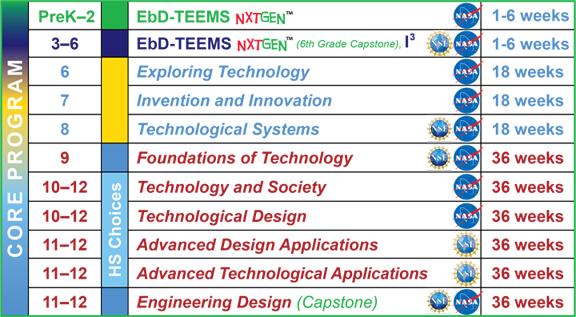Enhancing Engagement and Conceptual Understanding of Fractions for Students with Learning Disabilities using the Model Mathematics Education Curriculum
The Enhancing Engagement and Conceptual Understanding of Fractions for Students with Learning Disabilities using the Model Mathematics Education Curriculum is a Developing and Testing Innovations (DTI) project in the Innovative Technology Experiences for Students and Teachers (ITEST) program. This project advances efforts of ITEST program by developing an integrated curriculum for 4th - 6th grade students with learning disabilities and difficulties to increase engagement in and understanding of fraction concepts.
